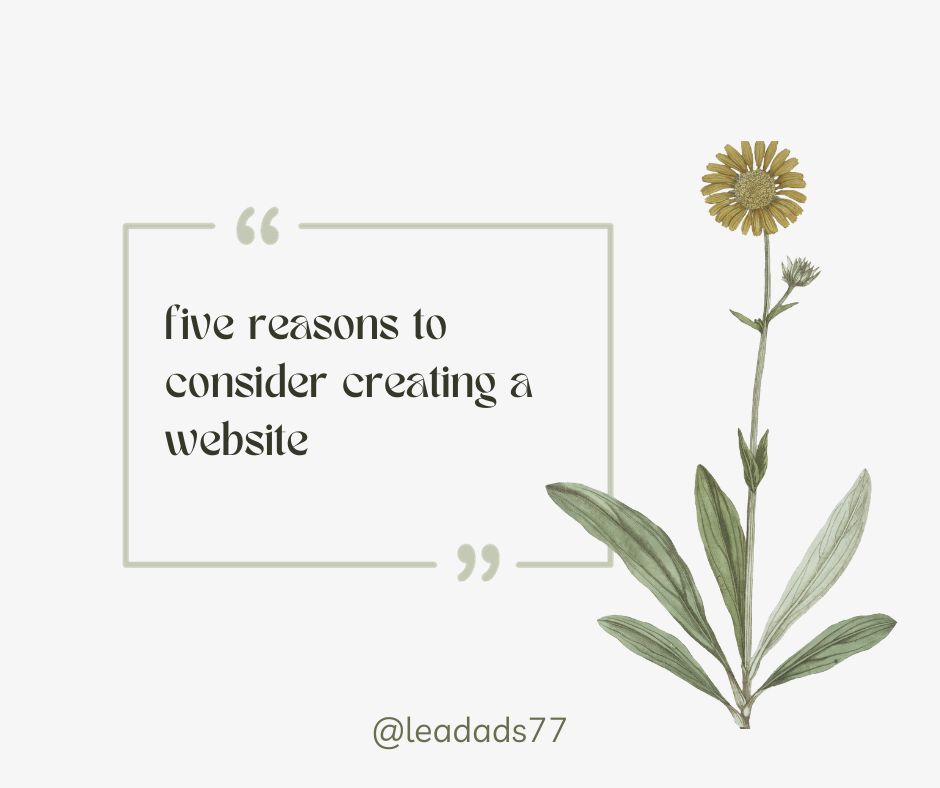Creating a website that ranks well on Google involves a combination of good web development practices and effective search engine optimization (SEO) strategies.
Here’s a simple process for developing a website that has a better chance of ranking on Google:
- Keyword Research:
- Start by conducting keyword research to identify the keywords and phrases relevant to your website’s content or business. Use tools like Google Keyword Planner or Ahrefs to find relevant keywords with search volume and low competition.
- Domain and Hosting:
- Choose a domain name that reflects your brand or keywords related to your content or business.
- Select a reliable web hosting provider to ensure your website’s speed and uptime.
- Website Structure:
- Create a clear and organized website structure with logical navigation.
- Use a content management system (CMS) like WordPress, which is SEO-friendly and user-friendly.
- On-Page SEO:
- Optimize your website’s on-page elements, including:
- Title tags: Use relevant keywords in your page titles.
- Meta descriptions: Write compelling and informative meta descriptions.
- Header tags (H1, H2, etc.): Use headers to structure your content.
- URL structure: Create clean and descriptive URLs.
- Image alt text: Include descriptive alt text for images.
- Internal linking: Link related pages within your content.
- Optimize your website’s on-page elements, including:
- Quality Content:
- Develop high-quality, original, and valuable content that addresses the needs and interests of your target audience.
- Use your target keywords naturally within the content.
- Mobile-Friendly Design:
- Ensure your website is responsive and mobile-friendly, as Google prioritizes mobile usability in rankings.
- Site Speed and Performance:
- Optimize your website’s loading speed by compressing images, using browser caching, and minimizing HTTP requests.
- Secure Connection (SSL):
- Implement SSL (Secure Sockets Layer) to ensure your website uses HTTPS, which is now a ranking factor and adds security to your site.
- Local SEO (if applicable):
- If your website targets a local audience, optimize for local SEO by claiming your Google My Business listing and using location-specific keywords.
- Off-Page SEO:
- Build high-quality backlinks to your website from reputable sources. This can be achieved through guest posting, outreach, or creating shareable content that naturally attracts links.
- Social Signals:
- Promote your content on social media to increase visibility and engagement.
- Regular Updates:
- Keep your website regularly updated with fresh content and ensure all plugins and software are up-to-date.
- Monitoring and Analytics:
- Install Google Analytics and Google Search Console to track your website’s performance and make data-driven improvements.
- User Experience (UX):
- Prioritize a positive user experience, as Google factors this into rankings. This includes clear navigation, readability, and easy-to-use forms.
- Local SEO (if applicable):
- Implement structured data (Schema markup) to provide search engines with additional information about your content.
- Patience and Ongoing Optimization:
- SEO is an ongoing process. It may take time to see significant results, so be patient and continue to optimize your website based on performance data.
Remember that SEO is a competitive field, and ranking on Google depends on various factors.
It’s important to stay up to date with best practices and algorithm changes to maintain and improve your website’s ranking over time.
🌺🌺🌺
 Building a website can be a valuable endeavor for a variety of personal, professional, and business-related purposes.
Building a website can be a valuable endeavor for a variety of personal, professional, and business-related purposes.
Here are five reasons to consider creating a website:
- Online Presence: Establishing an online presence is crucial in the digital age. A website serves as your virtual storefront or business card, allowing people to find you and learn more about your personal brand, business, or organization.
- Credibility and Professionalism: A well-designed website conveys credibility and professionalism. It can instill trust in your audience, customers, or potential employers by showcasing your expertise and dedication.
- Information and Communication Hub: Websites provide a centralized platform for sharing information, news, updates, and contact details. They can include blog posts, FAQs, contact forms, and social media links, making it easier for visitors to connect and engage with you.
- E-commerce and Sales: If you sell products or services, a website can serve as an online storefront. It allows you to reach a global audience, accept online payments, and streamline the sales process, expanding your market and revenue potential.
- Marketing and Promotion: Websites are effective tools for marketing and promoting your brand or business. You can use search engine optimization (SEO) techniques to improve visibility in search engine results, and you can integrate various marketing strategies like email campaigns, social media integration, and content marketing to reach a broader audience.
Whether you’re an individual looking to showcase your portfolio, a small business aiming to expand your customer base, or an organization seeking to share information, building a website can be a versatile and beneficial investment.






